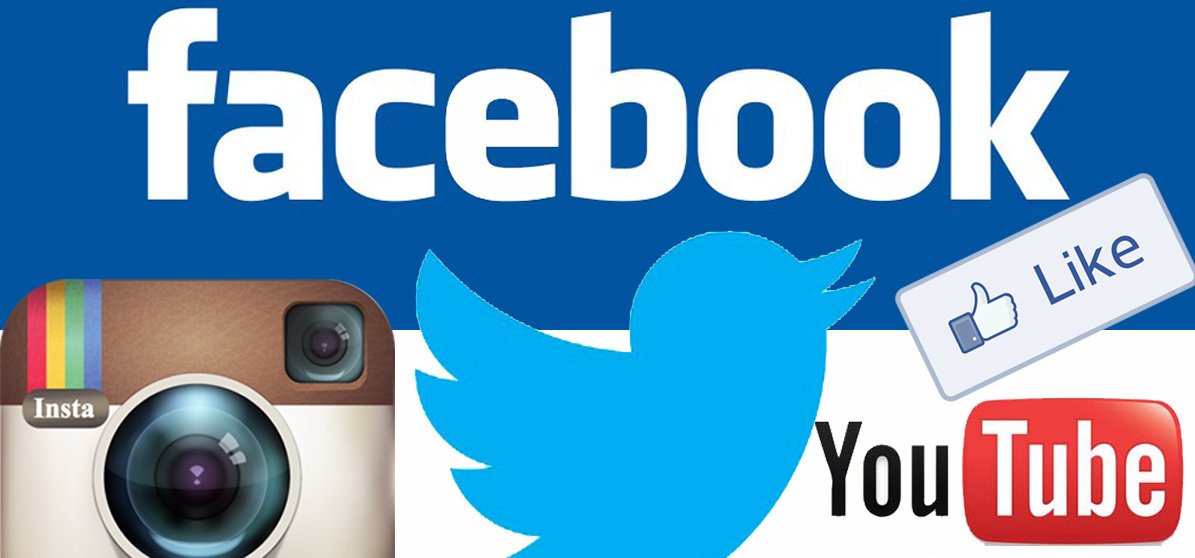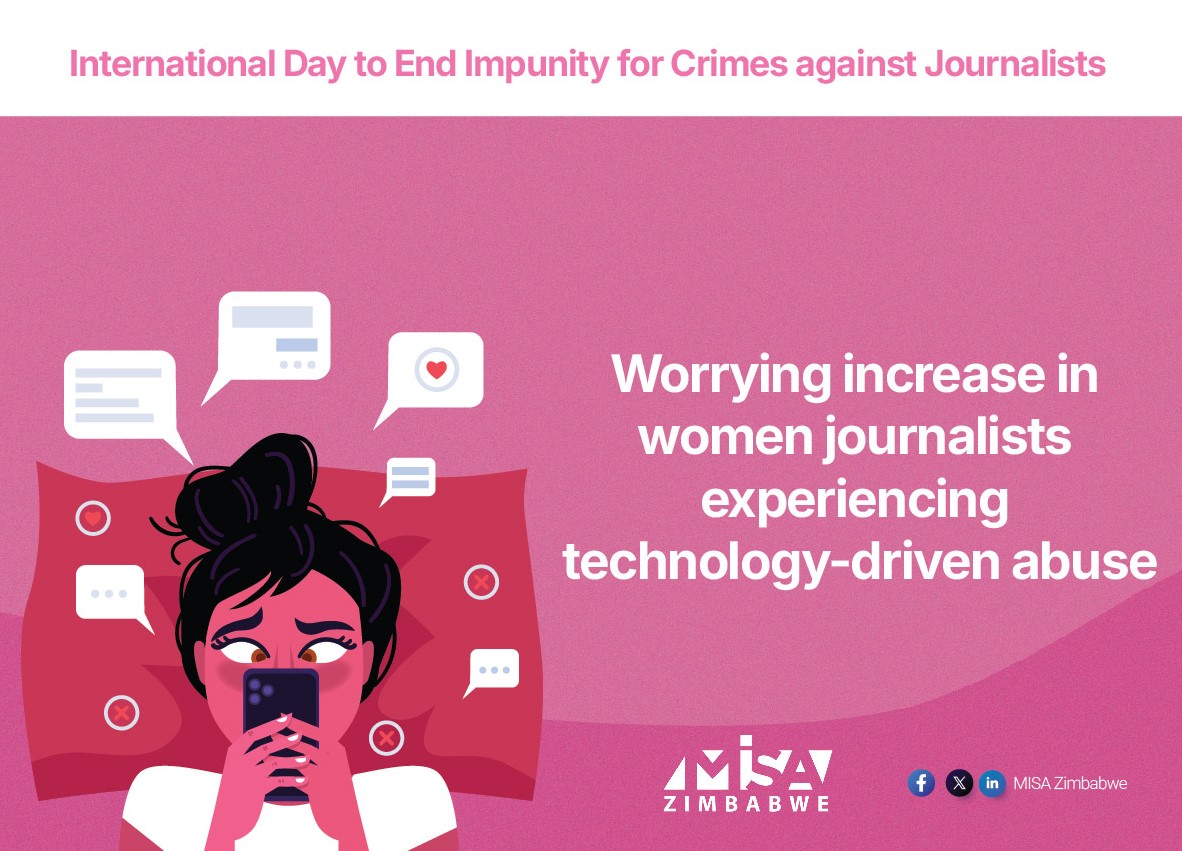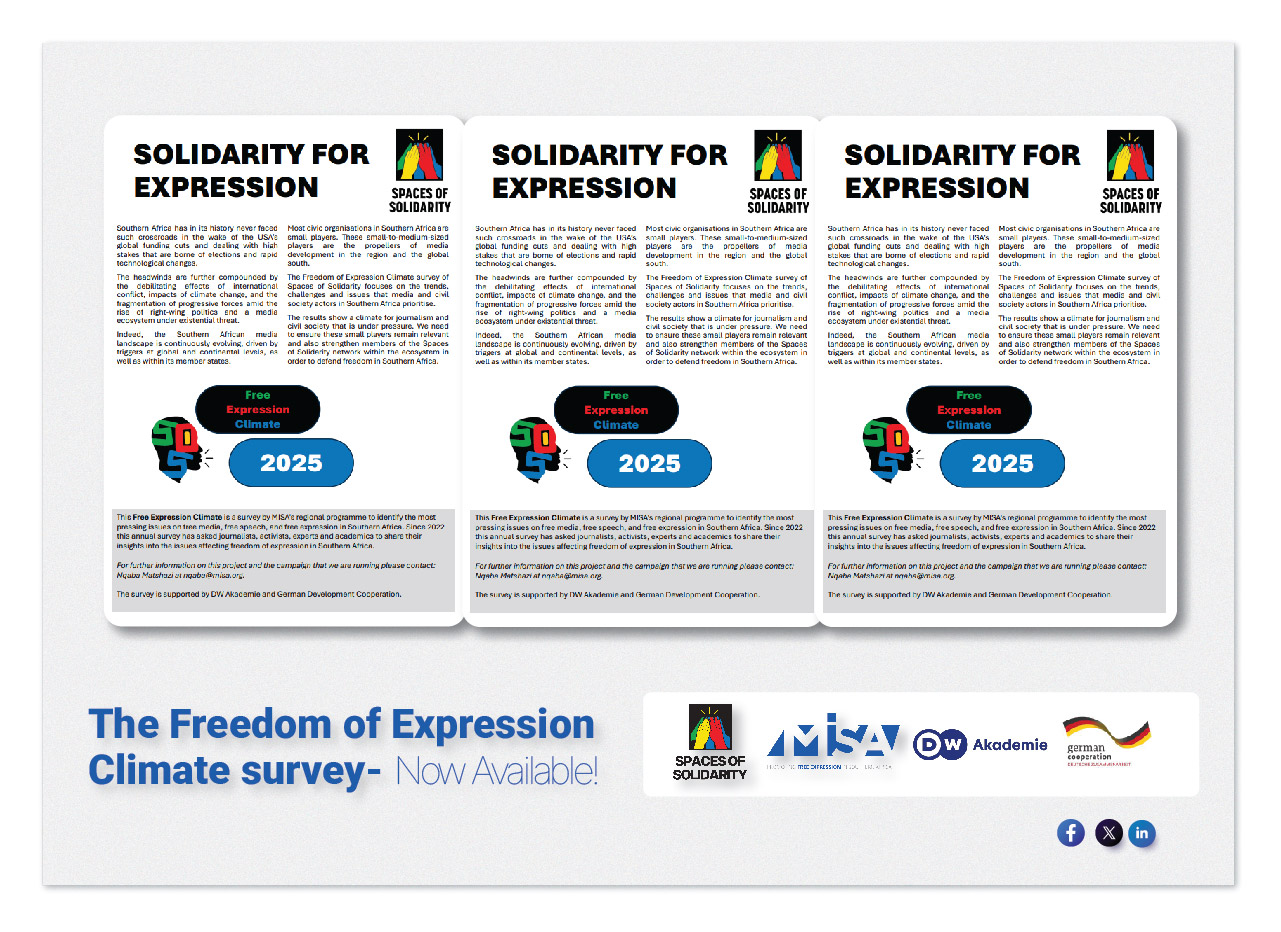MISA Zimbabwe is disquieted by the string of threats that have recently been issued against the use of social media by citizens. This follows a series of threats by Ministers Patrick Chinamasa, Mike Bimha and Chris Mushowe to tighten control over use of social media amid claims that this was the cause of shortages of basic commodities and bank notes in the country.
“The cause was social media, which means that it is a security issue. There is a political agenda, a regime change agenda. We are going to seriously look at what happened with a view to take corrective measures in the security arena. We need to understand social media and the forces behind it…….they have given us a timely warning about their intentions and clearly we will take the necessary measures to counter those nefarious activities”, said Finance minister Patrick Chinamasa.
On the other hand, Energy Minister Samuel Undenge had earlier accused the media of engaging in “unfounded negative publicity meant to discredit government.”
These developments come barely 3 days after Minister of Home Affairs Dr Ignatius Chombo issued a press statement on 24 September 2017 concerning press and social media reports on the obtaining socio-economic and political environment.
Chombo is on record accusing the press and social media of spreading alarm and despondency and warning that government would take “decisive action to deal a telling blow” to the perpetrators of crime.
These statements when viewed collectively appear to hint at the effective position of government on the matter, which position is against the letter and spirit of the constitution of Zimbabwe.
The statements pose a serious threat against the exercise of freedom of expression on the part of both the citizens and the media as provided for in Sections 61 and 62 of the Zimbabwean Constitution. The statements are essentially a curtailment of these constitutional rights.
It is the considered view of MISA Zimbabwe that these statements are calculated to instil self-censorship on the part of both the individual and the media to curb the free flow of information on pertinent socio-economic and political issues.
MISA Zimbabwe reiterates its position that citizens have the right to freely express themselves online and offline while the media has the right to truthfully report and inform the nation on events as they unfold without fear and undue hindrances as constitutionally guaranteed.













